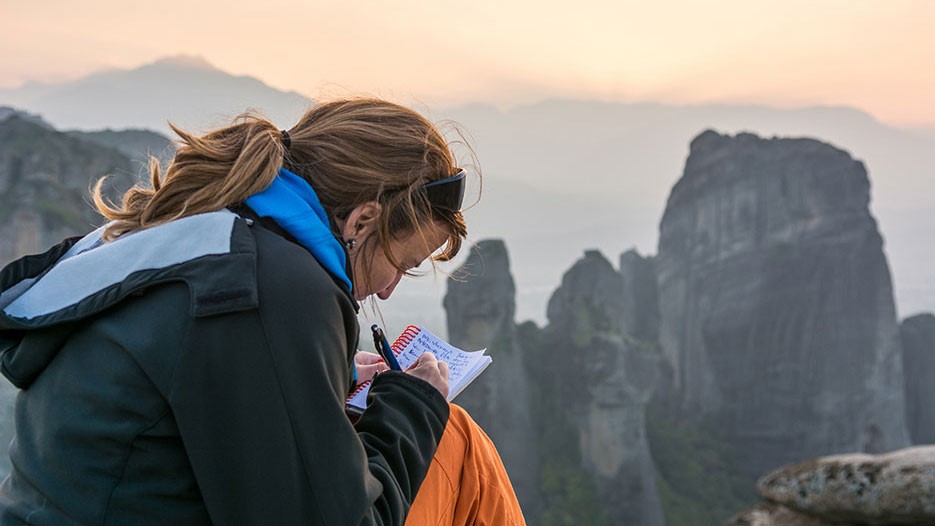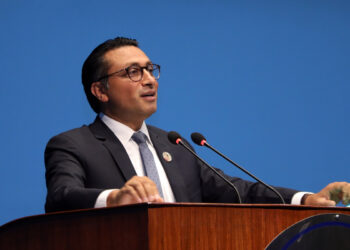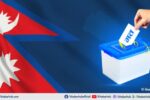KAVRE: It has been revealed that the history of Nepal’s travel writing dates back to 525 years. It was shared at a literary program ‘Social Awareness in Contemporary Travel Writing’ held in Dhulikhel, Kavrepalanchowk on Wednesday.
On the occasion, travel writer Jaya Chhangchha informed the collection of travelogue then King Gaganiraj scripted during his travel from Mugu to Mustang in the year 1550 BS was considered as a pioneering travelogue. “No matter what motivated the writer to script the literary pierce, the collection has been acknowledged as an initial creation in the travel writing history of Nepal”, he said.
In a working paper ‘Social Awareness in the Evolution of Nepali Travelogue’, Chhangchha presented that there are several published travelogues in Nepal, including Sher Singh Rana’s ‘Mero London Rajtilak Yatra’ (1970 BS), Chiranjivi Sharma Poudel’s ‘Kashmir Yatra Prasanga’ (1974 BS), Ranashur Limbu’s ‘Barmako Samjhana’ (1996 BS), Bhawani Bhikshu’s ‘Simlasamma’ (1999 BS), Lainsingh Bangdel’s ‘Europeko Chiththi’ (2014 BS) and ‘Spainko Samjhana’ (2020 BS) and Kedarmani Adi’s ‘Belayat Janda’ (2022 BS).
It was also shared that such creations have been recognized as ‘travelogue’ in Nepal after linguist Balkrishna Pokharel coined a phrase ‘Niyatra’ following the publication of Dr Taranath Sharma’s travel book ‘Belayattira Baralida (Wandering in Britain’ in 2026 BS. “Even highly advanced countries have not yet been able to give name to such creations”, he shared. As living evidence is the central element of travelogue, the anecdotal detail responding to when, where, who, how and why questions is the heart of the genre, he added.
Also speaking on the occasion, senior literary figure Mohan Duwal informed that over six dozens writers have been effortful in advancing the genre of travel writing in Nepal since 50 years back.
Prof Dinesh Raj Pant from Nepal Academy’s Department of Social Science said the institution has come up with its special interest in the area of research books. The talk program was organized by Nepal Academy’s Department of Social Science and Nepal Literary Council Kathmandu. Selo Foundation coordinated the event.









Comment